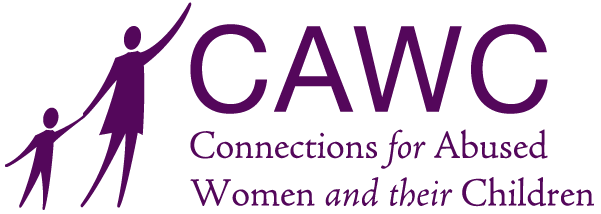The 1973 landmark Supreme Court decision in Roe v. Wade, which established the constitutional right to abortion, has played a significant role in protecting women’s reproductive autonomy for nearly half a century. Its overturning in 2022 led to the legalization of abortion bans—now in effect in 14 states—with very few exceptions.
This has enormous and far-reaching implications for American women in general, but for survivors of non-consensual procreation, it can pose a direct threat to their well-being. This includes women doubly endangered by domestic violence and pregnancy. Here’s what everyone should know about the profoundly harmful impact of restricted abortion access on domestic abuse survivors.
Abortion Access Restrictions Exacerbate the Effects of Domestic Violence
Access to safe and legal abortion is crucial for survivors of domestic violence, as they may face unique challenges when it comes to their reproductive choices. Domestic violence or abuse that involves reproductive coercion frequently results in non-consensual pregnancies.
Survivors who don’t have access to a safe and legal abortion can then face increased barriers both to leaving abusive relationships and to protecting the children engendered from them. This can significantly hinder their ability to get the care they need, heal from trauma, and regain control over their lives and well-being.
To break this complex issue down further, here are some of the disparate consequences for survivors of domestic abuse that can be caused by highly restrictive abortion limits:
- • Increased vulnerability. Limited access to abortion can perpetuate control and coercion by abusive partners, as they may use the pregnancy to manipulate and exert power over survivors. The inability to make reproductive decisions can trap survivors in abusive relationships and increase their vulnerability.
- • Health risks. Survivors who are unable to access abortion care may resort to unsafe methods, putting their physical and mental health at risk. This includes attempts at self-induced abortions or seeking out unauthorized providers, potentially leading to complications, injuries, or even death.
- • Delayed help-seeking. Restricted access to abortion can deter survivors from seeking support and assistance. Fear of judgment, stigma, or retaliation may discourage them from reaching out to healthcare providers or domestic violence support services, leaving them isolated and in danger.
Rape Exceptions Don’t Protect Pregnant Domestic Abuse Survivors
Many abortion bans include an incest or rape exception, but this further compounds, not mitigates, the challenges faced by reproductive coercion survivors. These exceptions unjustly place the burden of proof on survivors, forcing them to not only navigate a complex time- and energy-draining legal process, but to disclose traumatic experiences of an incredibly intimate nature to strangers, endure their often impersonal judgment, and publicly relive their trauma.
This process may or may not result in their ability to access an abortion, and it can exacerbate survivors’ trauma in either case.
Learn More and Get Support for Your Reproductive Rights With CAWC
Sign up now and join us for our next Kitchen Table Conversation where we will be discussing the intersections of reproductive justice and domestic violence and how, as an advocate, you can further the movement for safety, choice, and social justice for all. Click here to register.
At Connections for Abused Women and Their Children (CAWC), we believe that everyone has a right to a life free of violence. Our mission to end domestic violence is rooted in education, service, and advocacy. In addition to working toward broader social change, we provide empowerment-based and trauma-informed support in the form of shelter, counseling, and advocacy to individuals affected by domestic violence and their children.
If you or someone you know is struggling with domestic violence, don’t hesitate to call our 24-hour hotline at (773) 278-4566.
